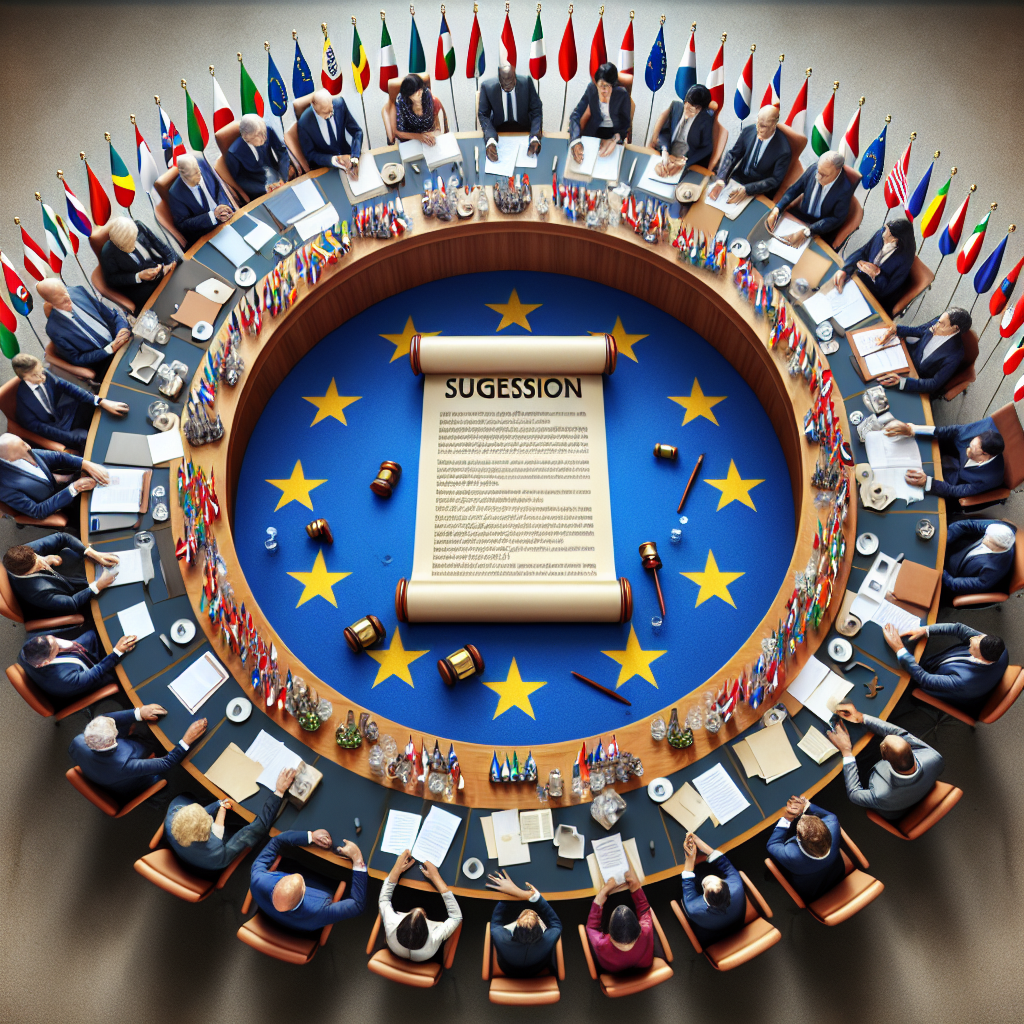European Commission Rejects Hungary and Slovakia's Mediation Request on Ukraine's Lukoil Sanctions
The European Commission has declined Hungary and Slovakia's request to mediate a consultation with Ukraine over sanctions placed on Russian oil producer Lukoil. The Commission stated that these sanctions do not pose a risk to European energy supply, as Russian oil continues to flow through the Druzhba pipeline.

The European Commission has turned down Hungary and Slovakia's appeal for mediation with Ukraine regarding the sanctions imposed by Kyiv on Russian oil producer Lukoil, a spokesperson confirmed on Friday. "Commission services have preliminarily concluded that urgent consultations do not appear to be warranted," the spokesperson stated.
According to the spokesperson, there is no evidence suggesting that Ukraine's sanctions have jeopardized European energy security. Russian oil continues to flow through the Druzhba pipeline connecting Russia, via Ukraine, to the Czech Republic, Slovakia, and Hungary. "It appears the sanctions imposed by Ukraine on Lukoil do not affect ongoing oil transit operations via Druzhba carried out by trading companies, provided Lukoil is not the formal owner of the oil," the spokesperson clarified.
Despite their opposition to western military aid to Ukraine against Russia, Slovakia and Hungary have raised concerns in Brussels, arguing that Kyiv's sanctions hinder their ability to purchase Russian oil for their refineries, thereby threatening their energy security. Hungary has submitted further details on the matter to the Commission, which will now be reviewed. The Druzhba pipeline remains operational since Moscow's 2022 invasion of Ukraine, continuing to serve as the main supply line for their refineries even as the EU has reduced reliance on other Russian energy sources.
(With inputs from agencies.)










